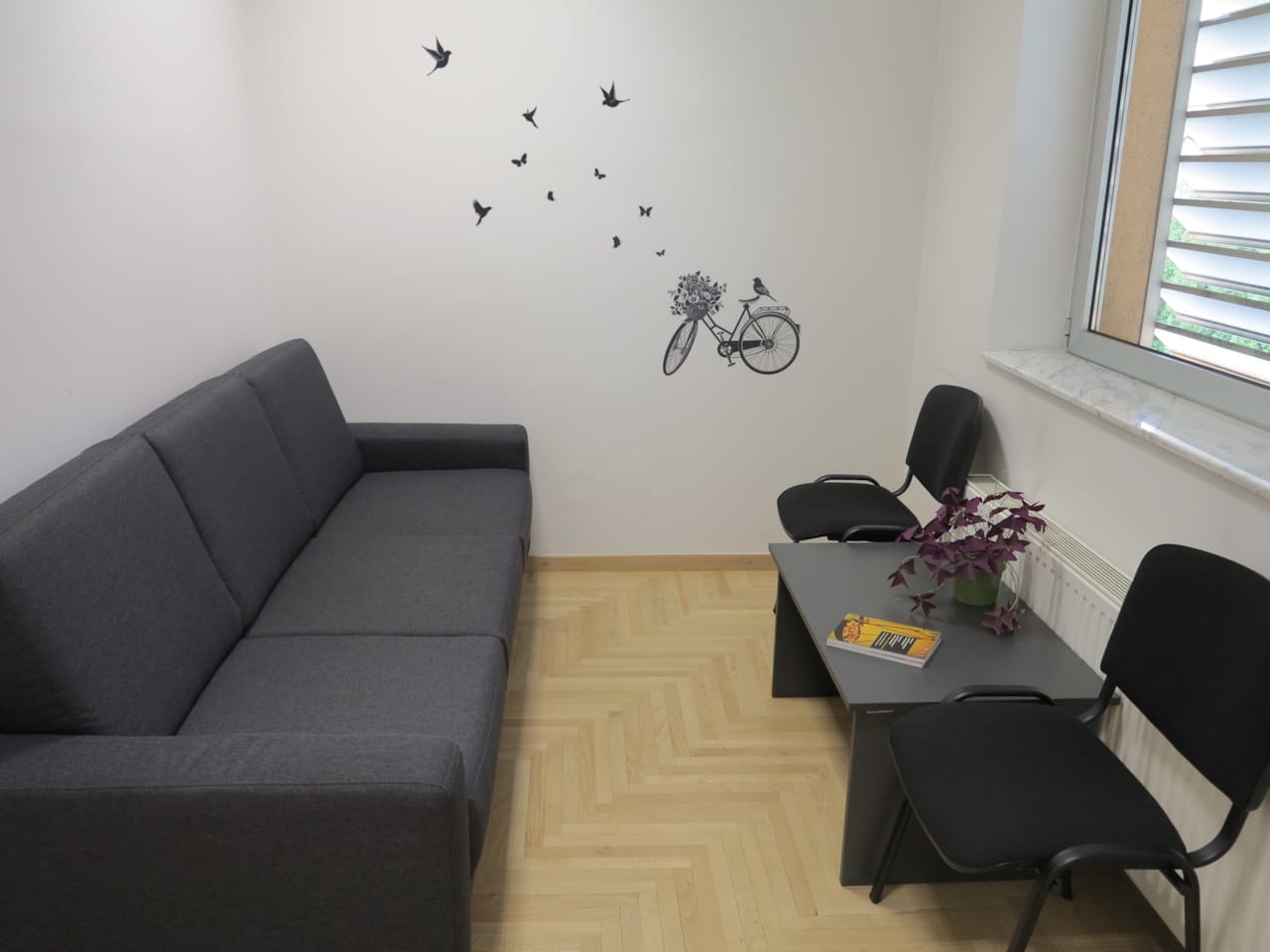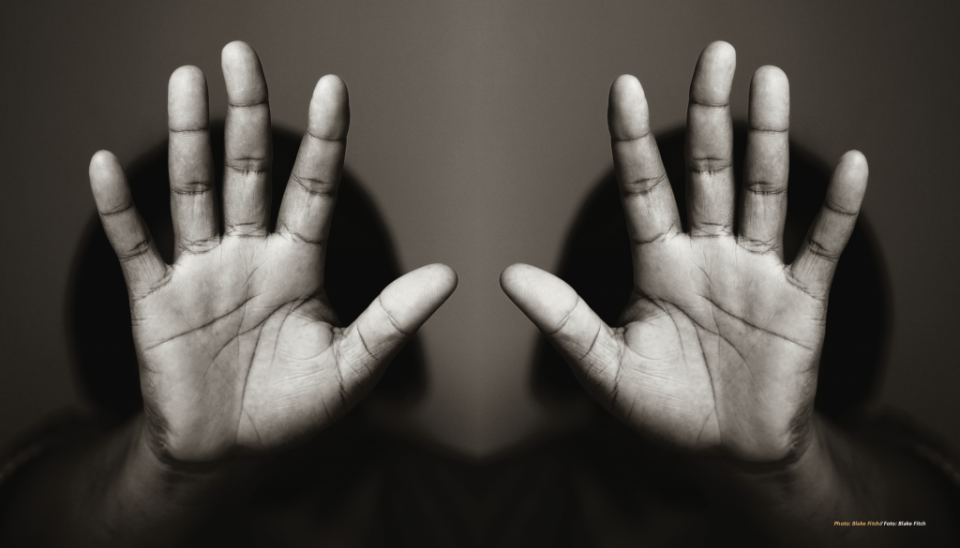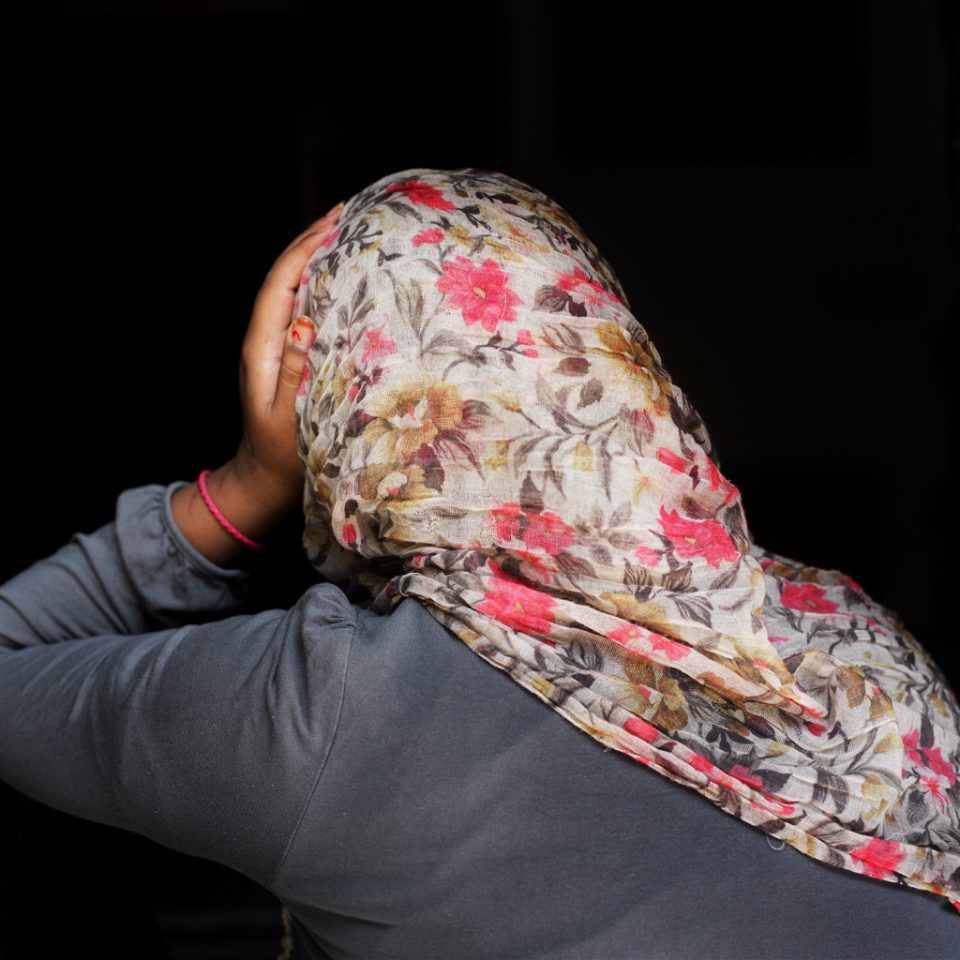
While they are aware of various shortcomings, the Support Office says that they are constantly working to improve their resources so they can better serve witnesses and Bosnia and Herzegovina (BiH).
Witnesses in war crimes cases are crucial for the evidentiary process. The Witness Support Office provides support in order to ensure that witnesses do not suffer any additional mental or physical consequences as a result of testifying. They also provide logistical assistance to help witnesses get to the Court of Bosnia and Herzegovina. While they are aware of various shortcomings, the Support Office says that they are constantly working to improve their resources so they can better serve witnesses and Bosnia and Herzegovina (BiH).
As applied by the Court of Bosnia and Herzegovina, the Law on the Protection of Witnesses under Threat and Vulnerable Witnesses provides protection measures in criminal proceedings. Similarly, the Law on the Witness Protection Program provides protection to witnesses before, during, and after criminal proceedings to enable them free and testimony.
A witness under threat is defined by law as a person whose personal safety or the safety of his or her family is endangered by participation in the proceedings, as a result of threats, intimidation, or similar actions pertaining to his or her testimony or a witness who has reasonable grounds to fear that such a danger is likely to result from testifying.
The category of vulnerable witness includes juveniles as well as witnesses who have been severely physically or mentally traumatized by the events of the offence or otherwise suffer from a serious mental condition rendering them especially vulnerable.
The Court of Bosnia and Herzegovina determines measures of witness protection in the cases over which it presides. These measure most often include: the use of electronic devices for voice and/or image distortion; providing a separate room for testimonies; providing a separate and more discrete entrance that even the Court staff is not privy to; and using witnesses’ initials in place of their full names. Safeguards may remain in force for 30 years after the verdict has been handed down, depending on what the Trial Chamber determines in the case. In addition, revealing the identity of a protected witness is a criminal offence.

Witness protection measures are adopted when several factors are considered, including the type of crime, the mental state of the witness, and the immediate level of threat or intimidation. The Witness Support Office coordinates activities with the Witness Protection Office of the State Investigation and Protection Agency (SIPA) when it comes to protected witnesses.
After assessing the mental state of the witness, the Witness Support Office may request to be with the witness during court testimony.
Alma Taso-Deljković, head of the Witness Support Office of the Court of BiH, said that although they are psychologists, they are not involved with psychotherapy, but only assess the mental state of witnesses for trial.
“One of the very first things we do is understand what the victim expects from the Court throughout the process. At the end of the case, there is always the possibility that the victim will not be fulfilled or satisfied, but the support team can mitigate that as much as possible by laying out all expectations from the start,” said Taso-Deljković.
The members of the Witness Support Office are not there to help the witness overcome their trauma or to talk about the personal difficulties that they are facing. Their job is to explain the different stages of the trial and to be at witnesses’ sides when they are called to testify. The scope of their work is thus limited only to the needs of the witness in the course of the trial.
“Once the trial is over, our work is over,” Taso-Deljković explained. Although the Witness Support Office was created to function in this way, this implies that witnesses are no longer able to benefit from the support of the Office once the verdict has been handed down. However, reliving this trauma may reopen scars, triggering new wounds to heal. In this regard, long-term solutions and support are not feasible.
Conscious of these shortcomings, the Witness Support Office of the Court of BiH is trying to improve the resources they provide. Taso-Deljković stated that witnesses are always encouraged to call if they need any help. “In case they need psychological support or if they have a problem, we direct them towards centers for mental health and social workers,” said Taso-Deljković.

The nature of the work even takes a toll on the Witness Support Team themselves. “It is very important to have a good team to work with,” Alma Taso-Deljković describes. She adds that if the case becomes too difficult, they support each other.
Going forward, the Court of BiH is working with the Witness Support Office to conduct research with witnesses on the effectiveness of the support they received during criminal proceedings. This survey is similar to the one conducted by the International Criminal Tribunal for Yugoslavia in 2015. The results will enable them to make changes and improve the way they work to better serve witnesses in court.







